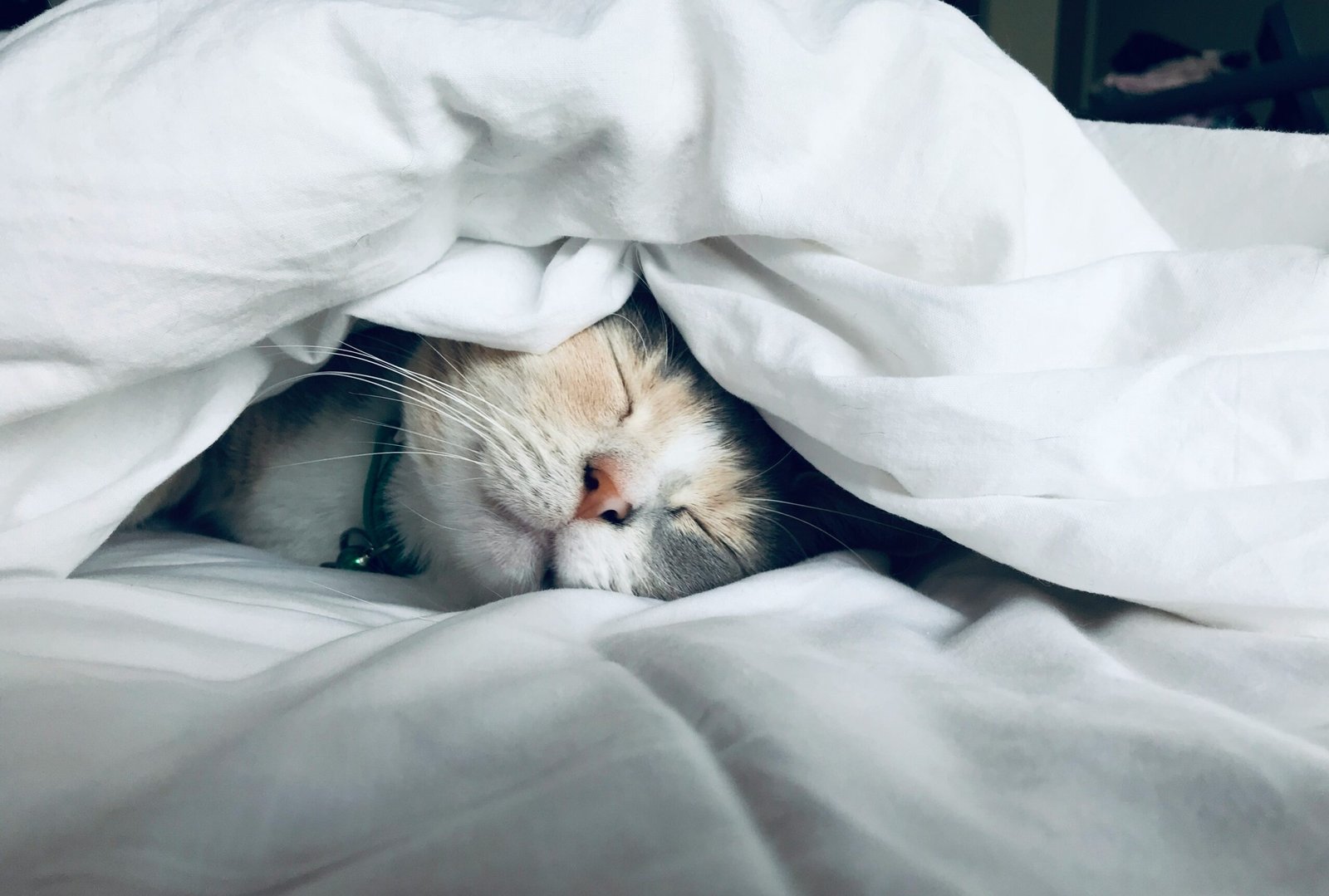Navigating the Complex Relationship Between Sleep and Fat Loss
March 12, 2024 | by zhealtheist.com

The Importance of Sleep for Fat Loss
Sleep is often overlooked when it comes to weight loss and fat loss goals. Many people focus on diet and exercise, but fail to recognize the crucial role that sleep plays in achieving these goals. The truth is, sleep and fat loss are intricately connected, and neglecting one can hinder progress in the other.
The Science Behind It
Research has shown that lack of sleep can disrupt the balance of hormones in the body, leading to increased hunger and cravings. When we don’t get enough sleep, our levels of ghrelin, the hormone that stimulates appetite, rise, while our levels of leptin, the hormone that signals fullness, decrease. This hormonal imbalance can lead to overeating and weight gain.
In addition to hormonal changes, lack of sleep can also affect our metabolism. Studies have found that sleep deprivation can lead to a decrease in metabolic rate, making it harder for the body to burn calories efficiently. This can result in weight gain and difficulty in losing fat.
The Role of Sleep in Muscle Recovery
Another important aspect of sleep in relation to fat loss is its impact on muscle recovery. When we exercise, we create micro-tears in our muscles, and it is during sleep that our bodies repair and rebuild these muscles. Without adequate sleep, the recovery process is compromised, leading to slower muscle growth and development.
Building and maintaining lean muscle mass is crucial for fat loss, as muscles burn more calories at rest compared to fat. Therefore, not getting enough sleep can hinder muscle growth and make it harder to achieve fat loss goals.
Tips for Improving Sleep Quality
If you’re looking to optimize your fat loss journey, it’s important to prioritize good sleep hygiene. Here are some tips to improve sleep quality:
- Stick to a consistent sleep schedule by going to bed and waking up at the same time every day.
- Create a relaxing bedtime routine to signal to your body that it’s time to wind down.
- Avoid caffeine and stimulants in the evening, as they can interfere with sleep.
- Create a sleep-friendly environment by keeping your bedroom cool, dark, and quiet.
- Avoid electronic devices before bed, as the blue light emitted can disrupt sleep patterns.
Conclusion
When it comes to fat loss, sleep is often an overlooked factor. However, research has shown that getting enough quality sleep is crucial for achieving and maintaining a healthy weight. Lack of sleep can disrupt hormones, increase appetite, and hinder muscle recovery, all of which can impede fat loss progress.
By prioritizing good sleep hygiene and making sleep a priority, you can optimize your fat loss journey and improve overall health and well-being.
References:
1. Spiegel, K., Tasali, E., Penev, P., & Van Cauter, E. (2004). Brief Communication: Sleep Curtailment in Healthy Young Men Is Associated with Decreased Leptin Levels, Elevated Ghrelin Levels, and Increased Hunger and Appetite. Annals of Internal Medicine, 141(11), 846–850. doi: 10.7326/0003-4819-141-11-200412070-00008
2. Nedeltcheva, A. V., Kilkus, J. M., Imperial, J., Schoeller, D. A., & Penev, P. D. (2010). Insufficient Sleep Undermines Dietary Efforts to Reduce Adiposity. Annals of Internal Medicine, 153(7), 435–441. doi: 10.7326/0003-4819-153-7-201010050-00006
3. Dattilo, M., Antunes, H. K. M., Medeiros, A., Neto, M. M., Souza, H. S., Tufik, S., & de Mello, M. T. (2011). Sleep and muscle recovery: Endocrinological and molecular basis for a new and promising hypothesis. Medical Hypotheses, 77(2), 220–222. doi: 10.1016/j.mehy.2011.04.017
RELATED POSTS
View all


